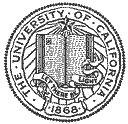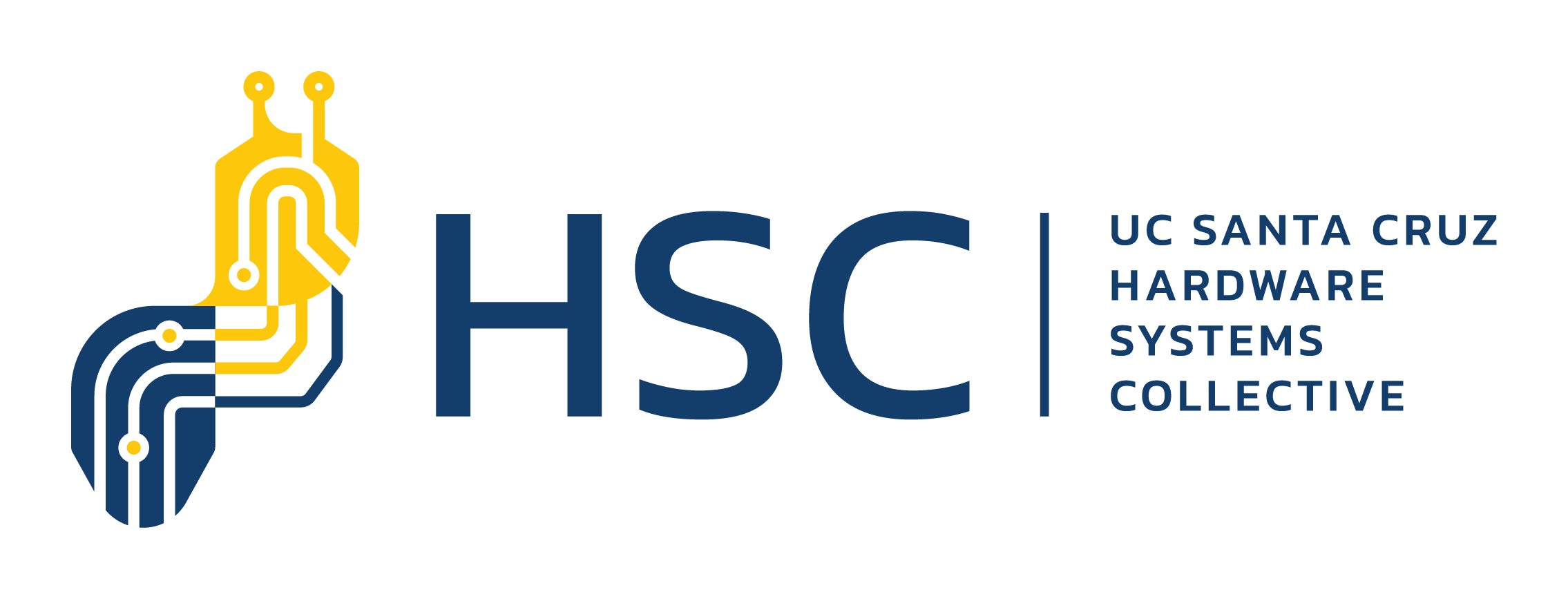Any area in Computer Architecture. For time reasons, main
research has focussed in performance and power. This page is a quick
summary, check the
publications for a more detailed
description.
- Productive Hardware Design: livehd is a
new compiler infrastructure to support more productive hardware
design. There are many aspects to this area like incremental
hardware compilation, parallel flows, support multiple hardware
languages, simulation, synthesis...
-
Architectural Simulator: The current maintained
version is esesc.
Before this release, we actively worked developing SESC. If
you liked sesc, your are going to love ESESC.
-
Complexity: Microprocessor design complexity is growing
rapidly. As a result, current development costs for top of the
line processors are staggering, and are doubling every 4
years. The goal of the MASC complexity group is to understand,
estimate, and reduce processor design complexity. We are
developing complexity metrics to understand and estimate processor
design complexity. At the same time, we planning approaches to
reduce processor design complexity.
-
SCOORE: Santa
Cruz Out-of-Order Risc Engine. At Santa Cruz we are developing
an out-of-order SPARC V8 processor. This processor is
synthesizable on FPGAs and ASIC.
-
Infrared Thermal Measurement Setup: Temperature
is a key component for computer architects. Our group has
developed an infrared thermal measurement setup with infrared
cameras capable of measuring of-the-shelf systems. We have
successfully cool down chips with over 200 Watts power
consumption. Some videos are available in
the thermal page.
-
Speculative Multithreading or Thread-Level Speculation:
Speculative Multithreading or Thread-Level Speculation has been
proposed as a technique to speed up hard-to-analyze applications
by speculatively running code fragments in parallel. It consist in
extracting tasks from a sequential code and executing them in
parallel, hoping not to violate sequential semantics. The control
flow of the sequential code imposes a task order and a data
dependence relation. As tasks execute, special hardware support
checks that no cross-task dependence is violated. If any is, the
incorrect tasks are squashed, any polluted state is repaired, and
the tasks are re-executed.
-
Low Power: Energy consumption is a crucial parameter in
processor design. Proposal of a unified framework to handle
energy consumption and temperature management in a unified
manner. Also some low power techniques in caches and instruction
window organizations.
-
Out-of-order Processors: Checkpointed early resource
recycling (Cherry) mechanism that decouples resource recycling
and instruction retirement. The resulting processor has more
efficient resource utilization, which leads to performance
improvements.
-
Intelligent Memories: Energy, performance, and
programmability issues in Intelligent Memories or
processor-in-memory.
-
Compilers: Work with gcc to developed a Speculative
Multithreading compiler.



